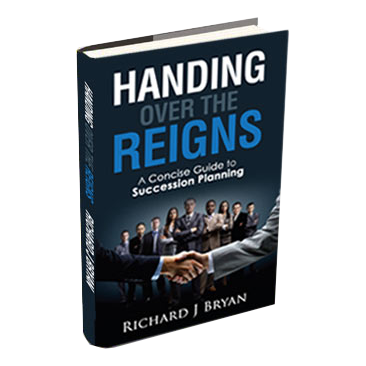Although the phrase “work-life balance” has been around since the 1970s (first coined in my native Britain, by the by), I’d venture that it has never been as big of a challenge as it is right now. A recent survey conducted by Harvard Business School revealed that 94% of professionals reported working more than 50 hours per week…and nearly half said they worked more than 65 hours per week.
Unfortunately, the extra time isn’t necessarily quality time. According to a study conducted by Stanford University, productivity declines sharply after 50 hours, plummeting to nearly nothing after 55 hours—so much so that the extra 15 hours has little-to-no value. So why are we still doing it? In the U.S., cyclical corporate downsizing has resulted bigger workloads; it’s not uncommon for a single employee to “inherit” the duties of co-workers who have been made redundant, without additional compensation.
Experts believe that technology also plays a significant part in this unfortunate sea change, making workers accessible around the clock and around the globe. In an increasingly insecure job market, workers feel obligated to stay tethered to various devices. Indeed, all-hours availability is not only the new norm for employers…it’s become a dysfunctional point of pride for many employees was well.
As the owner of two companies, a leadership keynote speaker business and a commercial real estate enterprise, I have a unique perspective on the matter—as well as some distinctive ways of addressing it in my own life. Surprisingly, the places I’ve gained the most perspective on my business are the times I’ve stepped away from it. Here are a few lessons I’ve learned whilst on vacation; I hope you’ll learn from them, too.
On Success
Success is a double-edged sword. Most likely, you got where you are today by dreaming big, periodically reflecting upon your goals, and then re-calibrating your actions in order to reach them within your allotted timeline. But that’s the thing about reaching your goals—the more milestones you successfully reach, the less time you have to do the big-picture thinking that got you there in the first place.
Ironic, isn’t it? Sometimes our success makes us too busy to remember why we ever craved success in the first place! And this is when it’s time to take a vacation. Even if you’re not an avid traveler like I am, I’d recommend at least one significant trip away from your home (and most importantly, your office) per year. Often, removing oneself physically from the temptation to “check in with work” by being immersed in a dramatically different environment will take your brain out of “boss mode.”
I’ve got better and better at this over the years, and now vacations are my favorite (and most productive) thinking time. It’s a great opportunity to reflect on the year so far, and what I’ve set out to achieve—but more importantly, to think about my plans for the future. What do I really want my life to look like, and what changes do I need to make in order to get there?
On Laurels
On a recent trip in the EU, I was reminded of the indelible value of customer service. Throughout our visit, we patronised multiple hotels and restaurants with big reputations and prices to match. What we noticed, though, was that these places often seemed to be “resting on their laurels” rather than focusing on doing their best to look after their customers today.
By contrast, we stayed at one hotel in Lisbon that was part of a small, privately owned chain with which I wasn’t previously familiar. Nothing was too much trouble; when we had to leave early for a flight on our last day, they arranged for a room service breakfast at no charge and had a car waiting for us at 5:30am.
But the real differentiator was the fact that all of the staff, from the concierge to the cleaners, greeted us in a friendly way, during every interaction—they showed a genuine interest in helping to make our stay as pleasant as possible. For me, it was a poignant reminder what we have achieved in the past is certainly something to be proud of, but it is what we do for our customers today that really counts.
On Definitions
When I kick off a big project, whether it’s a lengthy tour for my leadership keynote speaker business or a commercial real estate development, I have always started by defining what “success” will look like for each particular endeavor. After all, how can we measure progress toward a goal, if we fail to define that goal in the first place? Yet it wasn’t until fairly recently that I started to apply these rules to my work-life balance.
My friend Nigel Risner likes to say, “When you are in the room, be in the room.” When I first started applying business-style goals to my time off, “being present” for my family was the extent of my goal setting. And yet, it worked SO well! This simple aspiration empowered me to turn off my phone ringer, and let the work emails pile up so that I could spend my time “working” toward the singular most important goal: making priceless memories with my family.
In the best-case scenario, vacation goal-setting can spill over into your work-life balance when you’re still in town, as well. You might aspire to eat dinner with your family four nights a week, enjoy a weekly date night with your spouse, or plan a certain number of special outings with your teenager. Whatever these work-life balance goals look like for you personally, it’s critical to view them not as “time away from what’s important,” but as refueling sessions that are absolutely essential to staying motivated at work.
When you look at it that way, vacationing is some of the most important work you’ll do all year.
Related Posts:


